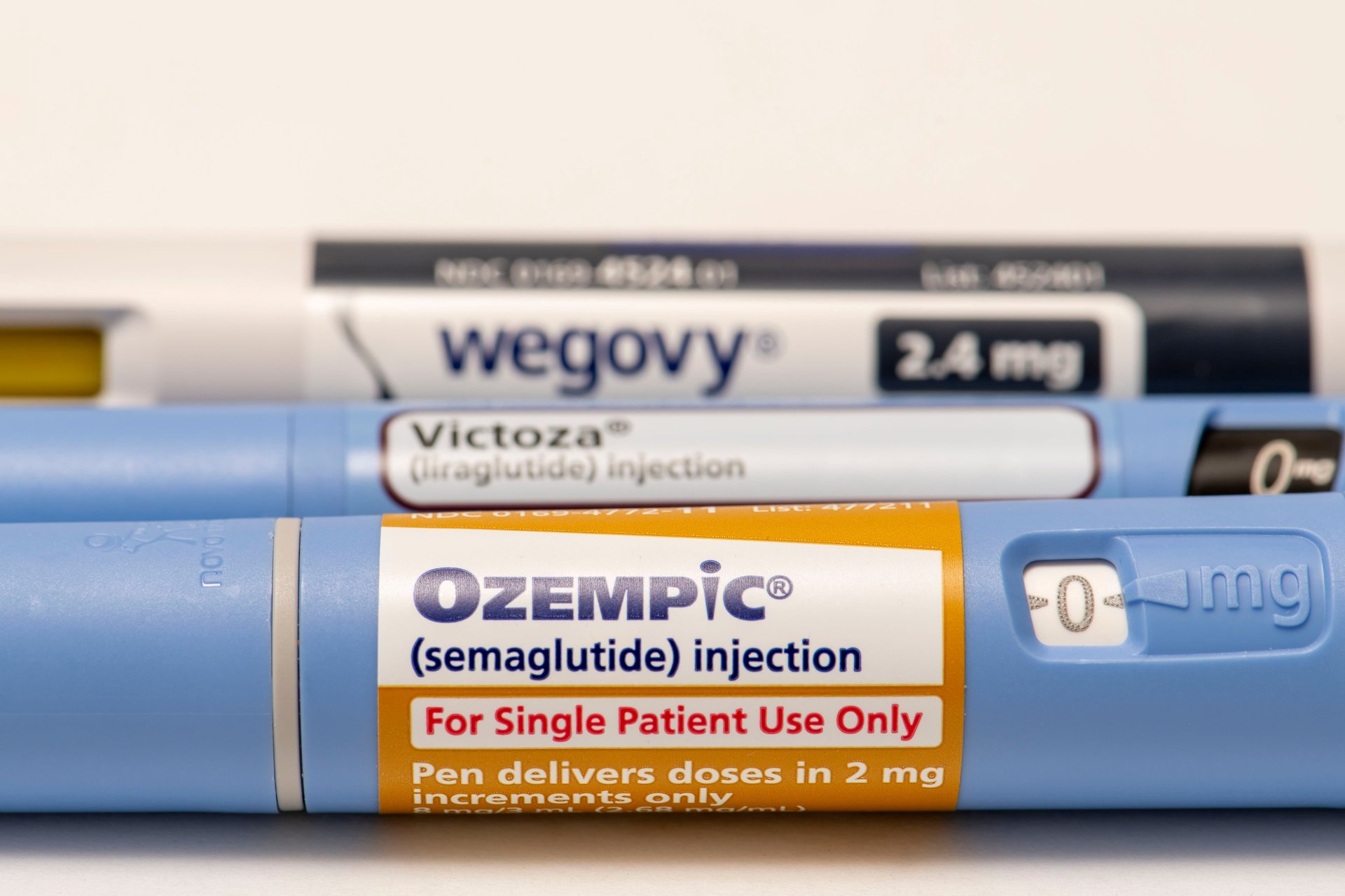Are weight loss drugs like Wegovy linked to suicidal thoughts? Scientists can't agree
A U.K. regulator found no evidence tying the drugs to suicidal thoughts, but a separate study suggests a potential link

The United Kingdom’s health regulator said a probe found no evidence that popular diabetes and weight loss drugs are linked to suicidal thoughts or actions.
Suggested Reading
A separate study using data from a World Health Organization (WHO) database of adverse events reported by patients and healthcare providers, however, spotted a potential link when it comes to semaglutide — the active ingredient in Wegovy and Ozempic. That study, released in August, showed that people taking semaglutide had a 45% higher risk of reported suicidal thoughts, compared with all other drugs in the database.
Related Content
Although the study was published outside the regulator’s review period, its findings were considered by the agency, but they did not affect the final outcome.
The Medicines and Healthcare products Regulatory Agency (MHRA) initially launched an investigation into GLP-1 treatments last year, after receiving multiple reports of individuals taking semaglutide and other similar drugs, known collectively as GLP-1 receptor agonists, exhibiting suicidal behavior.
The agency said after reviewing data from post-marketing data, clinical trial data, epidemiological studies and scientific literature it couldn’t find evidence of a causal link between the popular treatments and suicidal thoughts or actions.
“We conclude that the available data does not support a causal association between GLP-1 receptor agonists and suicide, suicidal ideation, self-injury and depression, and therefore no updates to the product information is warranted at this time,” the MHRA said in a statement.
The health agency said it will continue to monitor for severe psychiatric reactions associated with these drugs and review new data as it becomes available.
Earlier this year, both the Food and Drug Administration (FDA) and the European Medicines Agency completed their own investigations into the issue. Both health regulators determined there was no link between popular weight loss drugs and suicidal thoughts.
At the time of the FDA’s review, the agency said it could not definitively rule out that “a small risk may exist” and said it would continue monitoring for side effects.
The FDA’s review followed a National Institutes Health-funded study which found that patients taking semaglutide — the active ingredient in Ozempic and Wegovy — actually had a lower risk of suicidal thoughts than those who took other diabetes and anti-obesity medications.
Georgios Schoretsanitis, a psychiatrist at Zucker Hillside Hospital in Glen Oaks, New York the lead author of the study published in August, acknowledged that reviews by government health regulators found no clear evidence of a causal relationship between semaglutide and suicidal ideation.
However, he noted that other studies, including his team’s, have identified a potential association between semaglutide and reports of suicidal adverse events.
“Our results extend previous analyses, especially with regards to comorbidities/susceptibilities of semaglutide users,” Schoretsanitis told Quartz in an emailed statement. “Clinicians and patients should not interpret these results as proof of causal relationship between suicidal ideation and semaglutide, as pharmacovigilance studies cannot prove that, but only show an association between the use of semaglutide and reports of suicidal ideation.”
He also highlighted that the study found a higher incidence of suicidal thoughts among patients who were also taking antidepressants. Schoretsanitis advises that doctors should inform patients about the risks of semaglutide, review their mental health history, and assess their mental state before beginning treatment.
